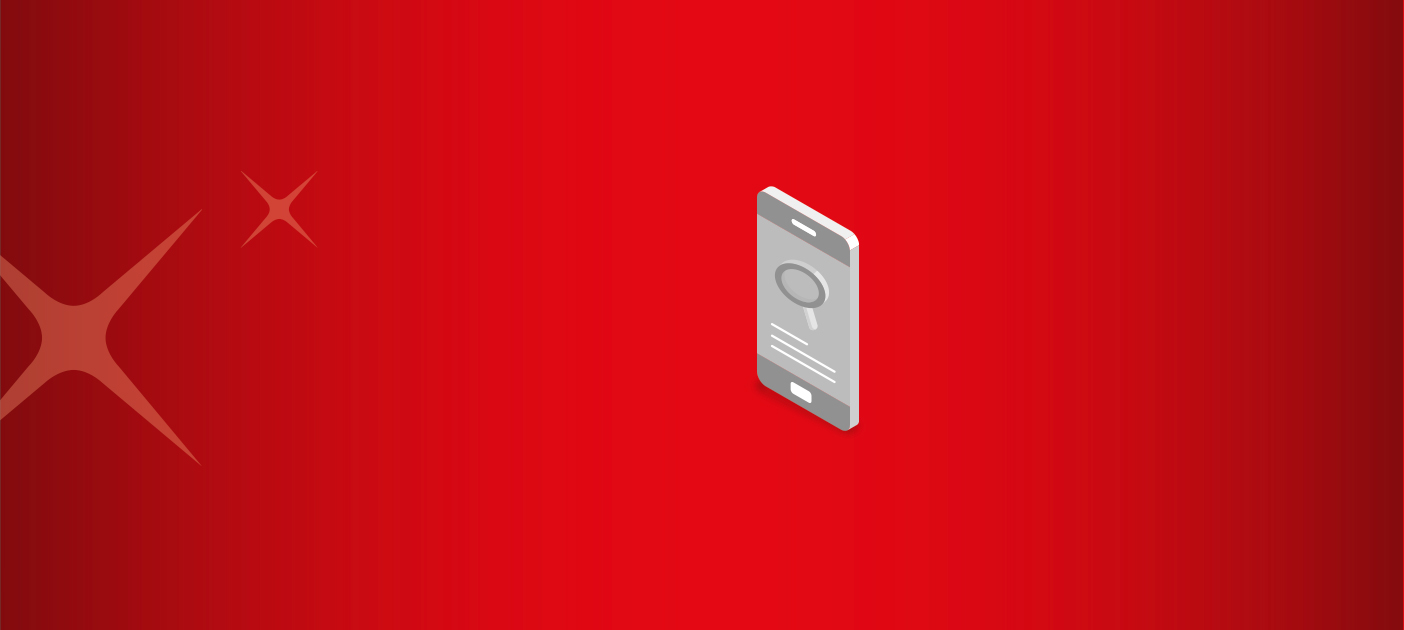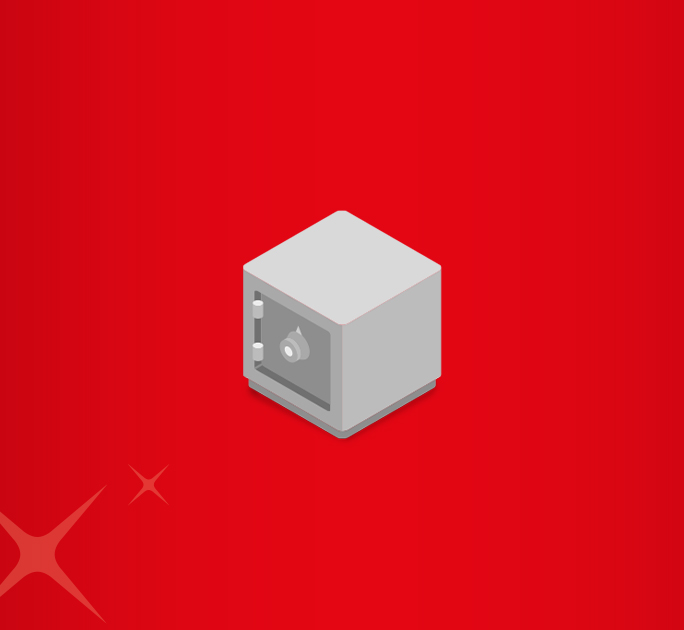- Save
- Invest
- Borrow
- Pay
- More
- NRI Banking
- Customer Services

Types of Bank Accounts
Savings, Current, FD, & RD are among the many types of Bank Accounts in India.
Key Takeaways
- Banks offer various types of accounts.
- Common examples include Savings, Current, Salary, and BSBDA Accounts.
- You can also open Fixed and Recurring Deposit Accounts.
- Banks provide several facilities with almost all accounts, e.g., net banking, debit cards, etc.
- You can also download banking apps to access your accounts.
Introduction
A bank account is a great place to save, invest, and grow your money. Today, banks offer a wide variety of accounts to fit the many needs of their customers, e.g. Savings, Current, BSBDA, Fixed and Recurring Deposits, and NRI Accounts. Each account has its own unique characteristics, and specific requirements – from facilities offered to balance maintenance and so on. This article will help you to understand the widely used bank account types in India. Read on.
Types of Bank Accounts in India
Whether you are a Resident Indian or an NRI, you can open a wide variety of accounts, based on your residency status. Some of the most common types of bank accounts you can open in India as a Resident Indian include a Savings Account, a current account, a BSBDA account and a salary account. You can also open fixed and recurring deposits. Let us understand each of these types of bank accounts briefly.
-
Savings Account
A Savings Account is a place to park or save your access funds and earn interest on it. You also get a wide range of services like debit cards, internet banking, online bill payments etc., with the account. There is no specific upper limit on the amount you can save. However, there the permissible transactions depend on the type of bank account you open. For instance, minimum balance requirements for regular Savings Accounts are significantly low compared to Privileged Savings Accounts. Banks offer several types of Savings Accounts like Joint Savings Accounts, Family Savings Accounts, Senior Citizens Savings Account, Kids Savings Account etc.
-
Basic Savings Bank Deposit Account (BSBDA)
BSBDA is a type of savings account that does not require a minimum balance. That said, it comes with certain restrictions. For example, the maximum balance in the account should not be more than INR 50,000 at any time; or the total value of transactions should not exceed ten thousand rupees in a month. In doing so, the account ceases to be a BSBDA and will be converted to a regular savings account.
-
Current Account
Current accounts are used, mainly by business owners or corporations. Banks do not pay any interest on these accounts. There is no limit on the maximum amount of money you can hold in this account. Accountholders also enjoy a higher number of daily transactions. A prominent feature of the current account is the Overdraft Facility. This feature enables account holders to get access to a credit facility, even when your account balances are low. You can use the sums borrowed through the overdraft facility to fund your business needs.
-
Salary Account
As the name suggests, a salary account is where your employer credits your monthly salary. These accounts are opened by employers who typically tie-up with one bank and open accounts for all their employees. Salary accounts double as zero balance accounts since you can withdraw all the sums deposited in the account.
-
Fixed Deposit Account
A Fixed Deposit Account is a type of investment on which you can earn a fixed or steady interest rate and guaranteed returns on the amount invested. The only tradeoff is that you have to fix or block the deposit amount is until maturity. Investment tenures for fixed deposits range from 7 days to 10 years. If needed, you can withdraw your FD before term by paying a premature withdrawal penalty. Fixed Deposits usually offer higher interest rates than a Savings Account and are considered safe investments for risk-averse investors.
If you prefer to save time and effort and open an FD account remotely, then download DBS Bank app right away!
-
Recurring Deposit Account
A Recurring Deposit (RD) gives you the flexibility to invest every month rather than investing a lump sum amount. Banks offer tenures usually from 6 months to 10 years. Unlike FD, where the interest gets credited every quarter or upon maturity, the interest is strictly paid upon maturity in an RD. You can set up standing instructions for your bank to debit the monthly RD amount. You must also maintain sufficient balances in your account so that the bank can debit the sums on your chosen date.
Types of NRI Bank Accounts
Non-Resident Indians living abroad can open NRI accounts in India. This type of bank account is further divided into three types – NRE, NRO and FCNR account.
- Non-residential Ordinary Rupee (NRO) Account is for NRIs who have income sources in India while they are based abroad. They can also deposit their foreign earnings in the NRO account.
- Non-residential External Rupee (NRE) Account is another place for NRIs to deposit their foreign earnings. Sums deposited are converted to INR instantly. NRIs may repatriate all the money deposited in this account into their bank accounts abroad.
- Foreign Currency Non-Resident Account or FCNR accounts are maintained in foreign currency denominations. This is a Fixed Deposit Account that offers a fixed interest rate upon maturity. Accounts holders can avail of loans in India against their FCNR deposits.
Open Savings Account
in 3 easy steps
Aadhar Card + PAN Card + Video KYC
= Account opened!
Benefits of a Bank Account
- Types of Accounts for everyone: NRIs can open NRE (Non-Resident External), NRO (Non-Resident Ordinary), and FCNR (Foreign Currency Non-Resident) accounts.
- Repatriation: NRE accounts allow full repatriation of both principal and interest, making it easy to transfer funds abroad.
- Tax Benefits: Interest earned on NRE and FCNR accounts is tax-free in India.
- Currency Flexibility: FCNR accounts are maintained in foreign currency denominations, protecting against exchange rate fluctuations.
- Investment Opportunities: NRI accounts enable investments in various financial instruments in India.
- Loan Facilities: Account holders can avail of loans in India against their FCNR deposits.
Open Savings Account in 3 easy steps
Opening a savings account at DBS Bank is an easy, hassle-free experience meant to get you started on your savings journey quickly and efficiently. Here's how you can open your account in just three simple steps:
- Step 1: Choose Your Account Type
Start by choosing the savings account that best fits your needs. At DBS Bank, we have a variety of savings accounts designed to meet various financial objectives, whether you are saving for a future purchase, looking to earn interest, or managing daily expenses.
- Step 2: Prepare Required Documents
To make the account opening process as smooth as possible, please prepare the necessary documents. You will usually need:
Proof of Identity: Any government-issued photo ID, which is valid, such as a passport, driver's license, or Aadhaar card.
Proof of Address: Recent utility bills, rental agreements, or any official document that confirms your residential address.
Passport-sized Photographs: Recent photographs as required by the bank.
For NRIs, additional documents such as a copy of the visa, Overseas Citizen of India (OCI) card, or work permit may be required.
- Step 3: Visit Our Branch or Apply Online
You can open your savings account by visiting your nearest DBS Bank branch, where our friendly staff will guide you through the process. Alternatively, you can take advantage of our convenient online application:
In-Branch: Bring your documents to any DBS Bank branch. Our team will guide you through the application process, ensuring all your information is accurately recorded.
Online: Go to our website, go to the 'Open a Savings Account' section, fill in the online application form, upload digital copies of your documents, and submit. You will receive a confirmation email once approved. You can even use our digibank by DBS app for the same.
After your application has been processed, you will soon be able to receive your account details and start managing your finances with DBS Bank's secure and easy-to-use banking services.
Experience the ease and convenience of banking with DBS Bank, where your savings goals are just a few steps away!
Conclusion
With the ever-evolving banking industry, you can now access your bank accounts anytime, from any corner of the world. Facilities like mobile and internet banking and UPI payments save you a trip to the bank. Moreover, you can get instant mini statements, transfer funds, pay your bills and do a lot more today.
Download digibank app today to experience the benefits of digital savings account.
Frequently Asked Questions (FAQs)
-
What is the 3 bank account system?
The three bank account system organizes your finances with three distinct accounts: an incoming account for receiving money, an expense account for spending, and an investing account for sending money to investments. This helps track expenses and encourages spending mindfully.
-
What type of bank accounts are best for everyday transactions?
For everyday transactions, a savings account is best. It provides easy access to your money, a debit card for purchases, cheque-writing ability, online and mobile banking, direct deposit options, and usually low or no fees.
-
What are the most common types of bank accounts?
The most common types of bank accounts are savings accounts for individuals and current accounts for businesses. Other types include salary, fixed deposit, and NRI accounts, all offering features like net banking and mobile apps. You can choose any one of them based on your needs or open multiple accounts if needed.
*Disclaimer: This article is for information purposes only. We recommend you get in touch with your income tax advisor or CA for expert advice.















